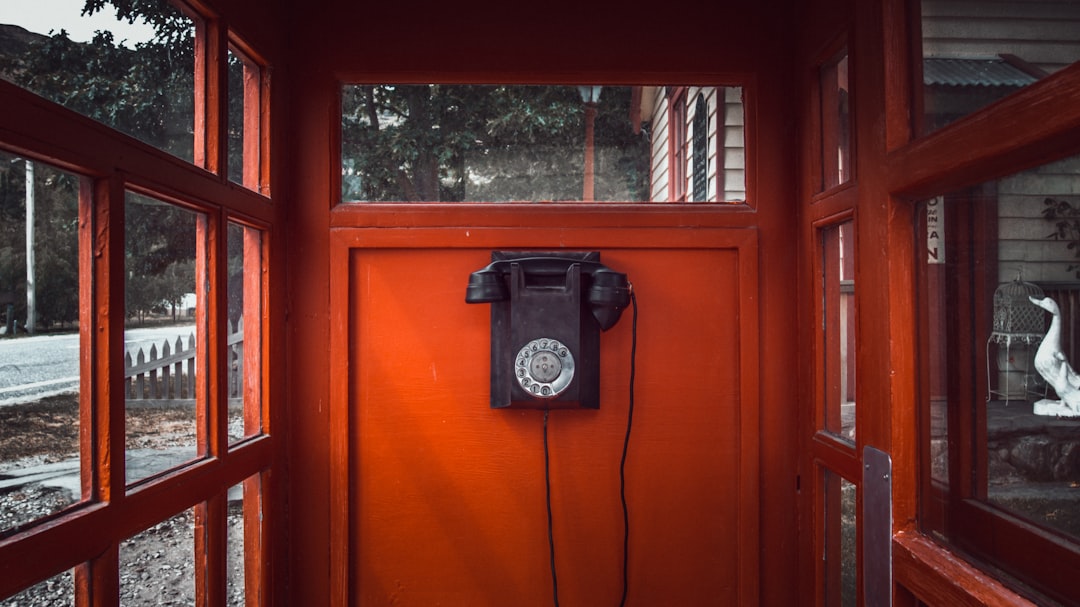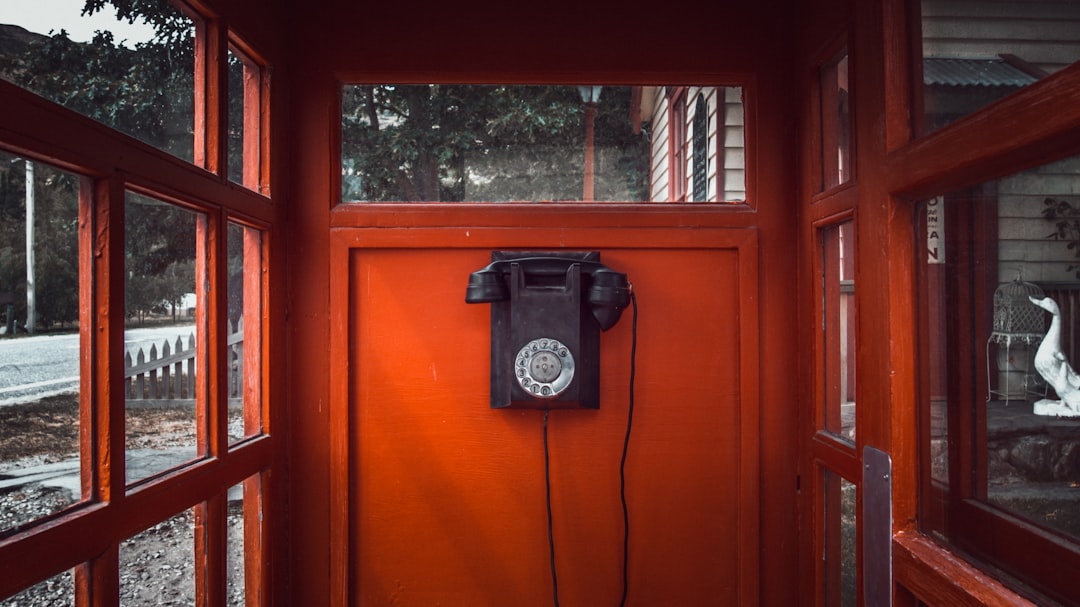Wyoming's "No Call" laws are stringent consumer protection measures aimed at reducing intrusive telemarketing calls by enforcing prior written consent and a state-wide "Do Not Call" list. Pine Bluffs, Wyoming, exemplifies these laws' effectiveness through its community-driven approach to privacy preservation. While the state leads in consumer protection, enhancing the laws by expanding opt-out options, increasing penalties, and providing clear business guidelines can create a more comprehensive model that balances privacy and legitimate marketing.
“Exploring the Effectiveness of Pine Bluffs’ No Call Laws in Comparison to Western States is a crucial analysis of consumer protection measures. Wyoming’s ‘No Call’ regulations aim to prevent unwanted telemarketing calls, offering residents a peaceful respite from persistent sales pitches. This article delves into the local implementation in Pine Bluffs, comparing it with similar laws across the West. By examining call restrictions, opt-out provisions, and enforcement, we assess Wyoming’s position, identifying best practices and potential improvements to enhance privacy for its citizens.”
Understanding No Call Laws: A Brief Overview

No Call Laws, also known as “do not call” laws, are a set of regulations designed to protect consumers from unwanted phone calls and telemarketing practices. In Wyoming, these laws are in place to ensure that residents’ privacy is respected and their time is valued. The primary purpose is to give individuals the power to opt-out of receiving marketing calls, thereby reducing the number of nuisance calls citizens receive daily.
Wyoming’s No Call Laws stipulate that telemarketers must obtain prior written consent from residents before making phone calls for commercial purposes. This means that businesses cannot call unless a consumer has explicitly agreed to be contacted. The laws also provide a mechanism for individuals to register their numbers on the “do not call” list, which restricts all marketing calls to those authorized by the homeowner. These measures reflect Wyoming’s commitment to consumer protection and privacy in an era where telemarketing practices can often be intrusive.
Pine Bluffs, Wyoming: The Local Landscape

Pine Bluffs, a small town in the heart of Wyoming, offers a unique blend of tranquility and resilience, reflecting the state’s rugged beauty. Nestled amidst vast plains and rolling hills, this tight-knit community has developed its own set of rules and regulations, including its approach to No Call Laws. The area is characterized by a dense network of rural neighborhoods where close ties and mutual respect are highly valued.
The No Call Laws in Pine Bluffs, like in other parts of Wyoming, aim to protect residents from unwanted phone calls and sales pitches, ensuring peace and quiet for all. These laws reflect the state’s commitment to preserving its western ethos, which values personal space and self-reliance. With a low population density and a strong sense of community, Pine Bluffs’ locals take pride in their ability to strike a balance between embracing modern regulations and maintaining their distinctive local landscape.
Comparison with Western States: Who Leads the Pack?

When comparing Pine Bluffs’ No Call Laws with those of other Western states, Wyoming stands out as a leader in consumer protection. The state’s laws are among the most stringent, ensuring residents enjoy significant privacy when it comes to telemarketing calls. Wyoming’s regulations allow citizens to register their phone numbers on the “Do Not Call” list, blocking all incoming sales or marketing calls. This robust system has earned Wyoming high marks for respecting individual choices regarding unwanted communications.
In contrast, while many Western states have some form of No Call Laws, few offer the same level of comprehensive protection as Wyoming. Some states allow businesses to make calls despite a consumer’s registration, often with limited exceptions. This discrepancy highlights the importance of strict legislation in safeguarding residents from intrusive telemarketing practices.
Implications and Future Prospects for Wyoming's No Call Laws

Wyoming’s No Call Laws, while a step in the right direction for protecting residents from unwanted sales calls, face several implications and potential areas for improvement. As more states adopt similar regulations, Wyoming’s laws could be seen as a baseline rather than a peak. Enhancing these laws could include expanding the opt-out list to encompass not just phone numbers but also email addresses and postal mail, strengthening penalties for violators to deter abuse, and establishing clear guidelines for businesses to ensure compliance.
Looking ahead, there’s an opportunity for Wyoming to lead by example in fostering a balanced approach to no-call laws. By continuously evaluating the effectiveness of these regulations and incorporating feedback from both consumers and businesses, Wyoming can create a robust framework that respects individual privacy while still allowing legitimate sales and marketing efforts. This proactive stance could make Wyoming’s No Call Laws a model for other Western states and beyond.






